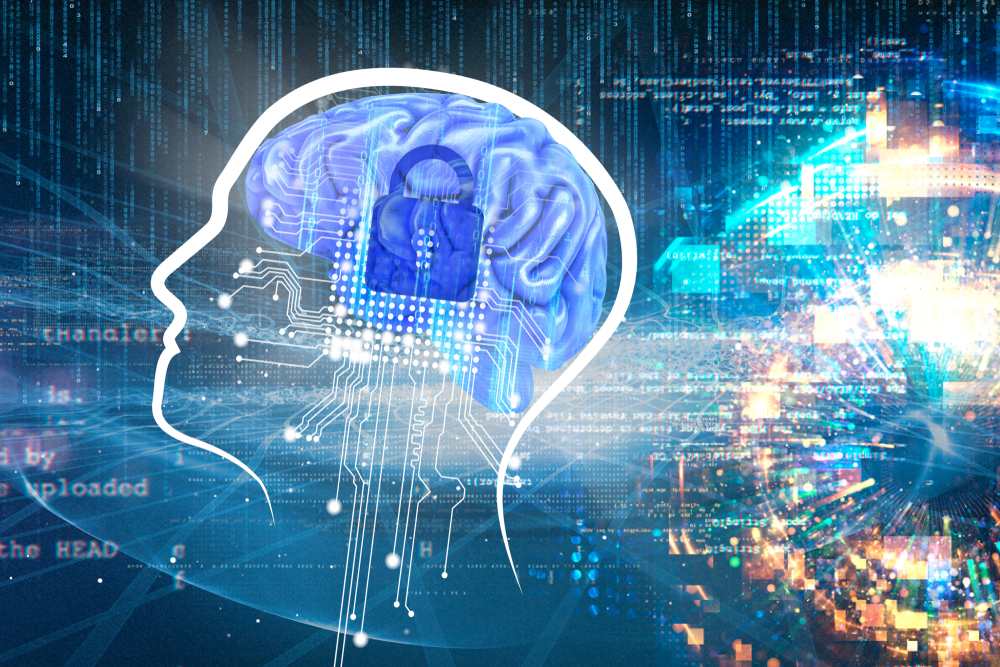Use our Services in any way that violates any applicable federal, state, local, or international law or regulation;
Use our Services for the purpose of exploiting, harming, or attempting to exploit or harm minors in any way;
Transmit or upload any material that contains viruses, Trojan horses, worms, time-bombs, or any other harmful programs or similar computer code;
Use our Services to engage in any fraudulent, abusive, or otherwise illegal activity;
Use our Services to transmit, publish, or distribute any material that is defamatory, obscene, or otherwise objectionable;
Use our Services in any manner that could disable, overburden, damage, or impair the operation or availability of our Services or interfere with any other party’s use of our Services;
Attempt to gain unauthorized access to, interfere with, damage, or disrupt any parts of our Services, the server on which our Services are stored, or any server, computer, or database connected to our Services;
Use any robot, spider, or other automatic device, process, or means to access our Services for any purpose, including monitoring or copying any of the material on our Services;
Frame or mirror any part of our Services without our express prior written consent.
You agree not to engage in any of the following activities:
Use the Service for any illegal purpose or in violation of any local, state, national, or international law;
Harass, bully, or intimidate any person or entity, or violate the privacy rights of others;
Transmit any material that is unlawful, harmful, defamatory, obscene, hateful, or racially, ethnically or otherwise objectionable;
Infringe the intellectual property rights of others, including patents, trademarks, trade secrets, copyrights or other proprietary rights.
Interfere with or disrupt the Service or servers or networks connected to the Service, or disobey any requirements, procedures, policies or regulations of networks connected to the Service;
Attempt to gain unauthorized access to the Service, user accounts, computer systems, or networks connected to the Service through hacking, password mining, or any other means;
Engage in any other activity deemed by AskRobot to be in conflict with the spirit or intent of these Terms or the Service itself.
